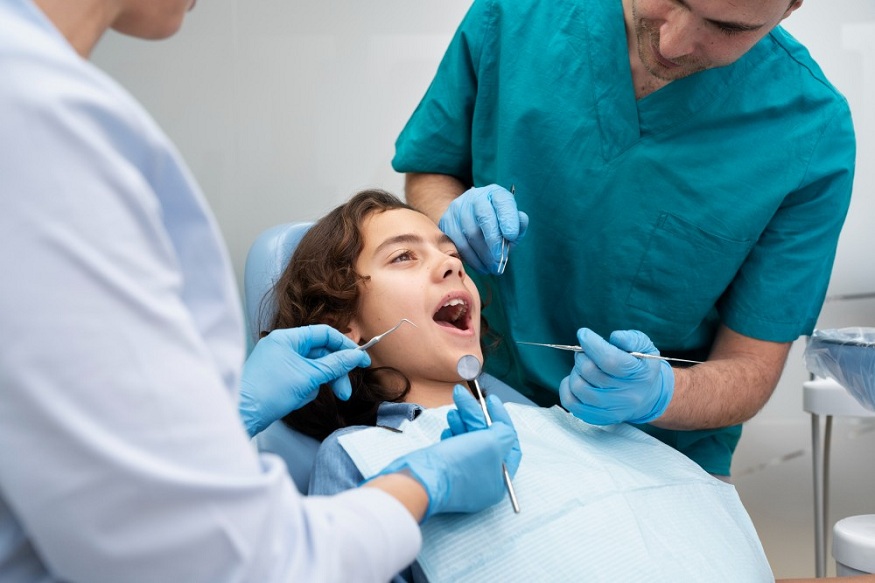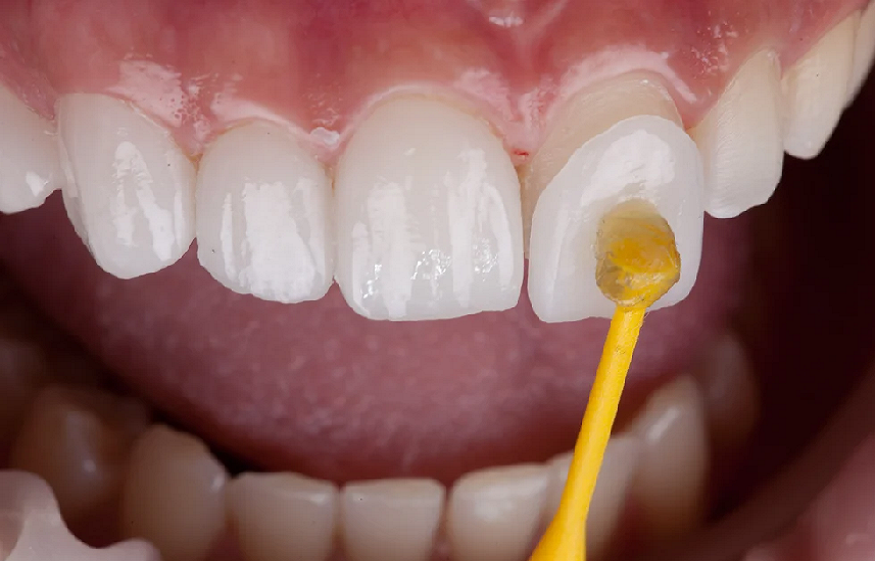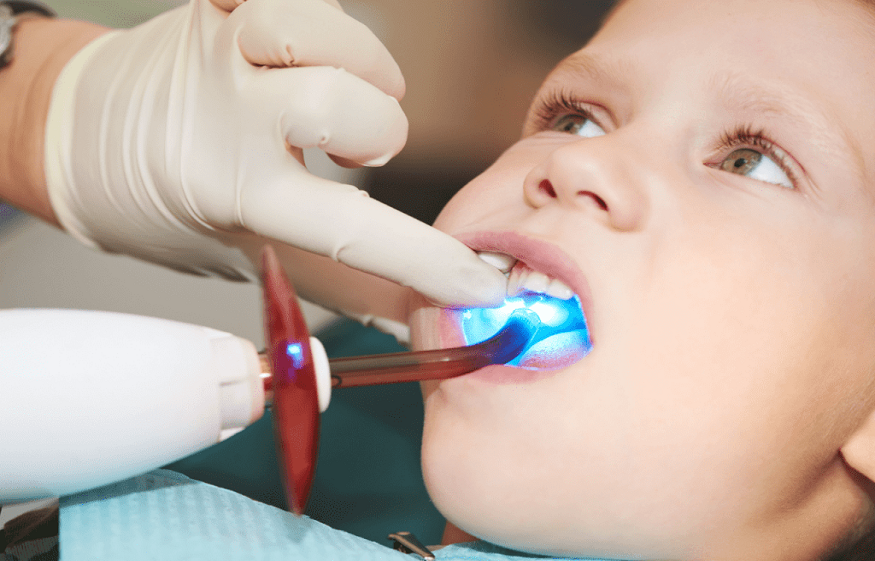As a parent, there’s nothing more distressing than seeing your child in pain or distress, especially when it comes to a dental emergency. Whether it’s a knocked-out tooth, a severe toothache, or a broken filling, dental emergencies can be overwhelming and stressful for both kids and parents. However, staying calm and knowing how to handle a dental emergency can make all the difference in ensuring your child receives the best possible care. If you’re a parent dealing with dental emergencies, seeking dental care through the emergency dentist in Pocket-Greenhaven, Sacramento is crucial.
In this article, you will learn how to remain calm, assess the situation, and take the necessary steps to ensure your child’s dental health is protected.
Why Remaining Calm is Crucial?
When your child experiences a dental emergency, it’s essential to remain calm. Panicking can lead to poor decision-making, which can worsen the situation. By staying calm, you can:
- Think more clearly: A calm mind allows you to think more clearly and make rational decisions.
- Provide better care: Remaining calm enables you to provide better care and comfort to your child.
- Reduce your child’s anxiety: Children often take cues from their parents. If you remain calm, your child is more likely to stay calm as well.
Handling Dental Emergencies: A Step-by-Step Guide
Here’s a step-by-step guide to handling dental emergencies:
- Stay calm: As mentioned earlier, remaining calm is crucial in handling dental emergencies.
- Assess the situation: Quickly assess the situation to determine the severity of the emergency.
- Contact your dentist or a pediatric dentist: Reach out to your child’s dentist or a pediatric dentist for guidance and advice.
- Provide comfort and care: Provide your child with comfort and care, such as applying a cold compress to reduce swelling or giving them a pain reliever.
Specific Tips for Handling Common Dental Emergencies
Here are some specific tips for handling common dental emergencies:
- Toothache:
- Apply a cold compress to reduce swelling.
- Give your child a pain reliever, such as acetaminophen or ibuprofen.
- Contact your dentist or a pediatric dentist for an appointment.
- Knocked-out tooth:
- Find the tooth and rinse it gently with water.
- Place the tooth in a container of milk or water.
- Contact your dentist or a pediatric dentist immediately.
- Chipped or cracked tooth:
- Apply a cold compress to reduce swelling.
- Give your child a pain reliever, such as acetaminophen or ibuprofen.
- Contact your dentist or a pediatric dentist for an appointment.
- Lost filling:
- Contact your dentist or a pediatric dentist for an appointment.
- Avoid eating or drinking until the filling is replaced.
Preventing Dental Emergencies
While dental emergencies can’t always be prevented, there are steps you can take to reduce the risk. Here are some tips:
- Encourage good oral hygiene: Teach your child to brush and floss regularly to prevent tooth decay and gum disease.
- Avoid sugary and acidic foods and drinks: Limit your child’s consumption of sugary and acidic foods and drinks, which can contribute to tooth decay and erosion.
- Use a mouthguard: If your child participates in sports or other activities that can damage teeth, consider using a mouthguard.
- Schedule regular dental check-ups: Regular dental check-ups can help identify oral health problems early on, reducing the risk of dental emergencies.
Wrapping Up
Dental emergencies can be unsettling, but by remaining calm and knowing how to handle them, you can ensure your child receives the best possible care. By following the tips and guidelines outlined in this article, you can reduce the risk of dental emergencies and help your child maintain good oral health. Remember, staying calm and being prepared are key to handling dental emergencies with confidence.




